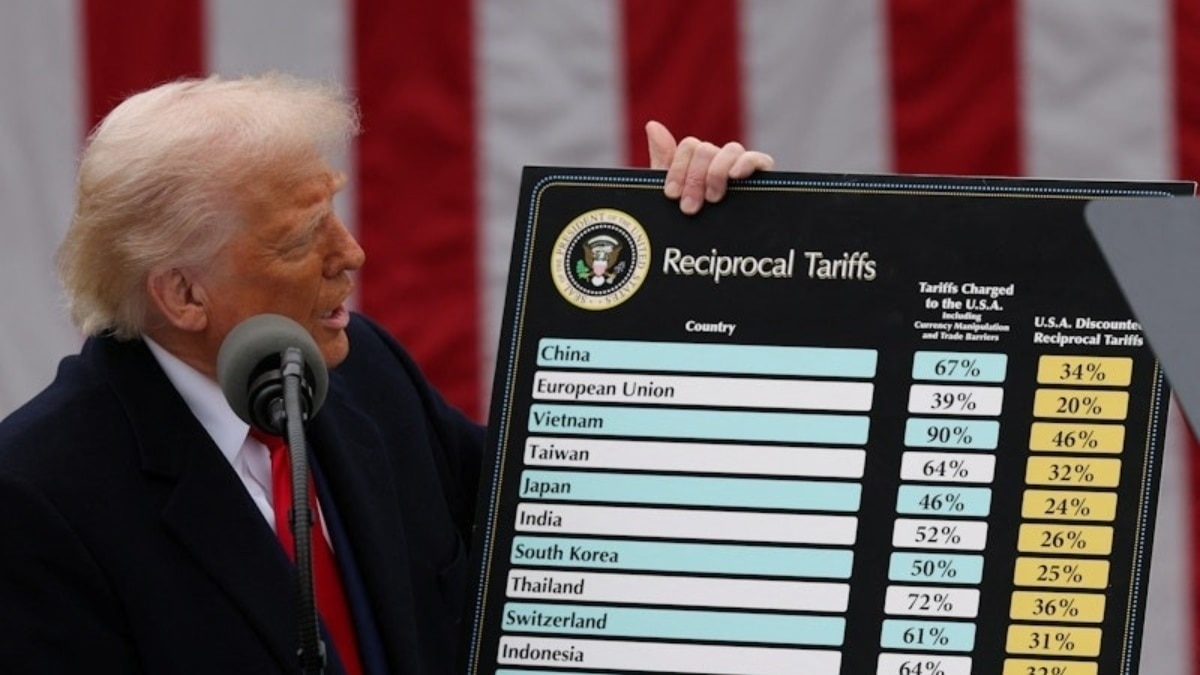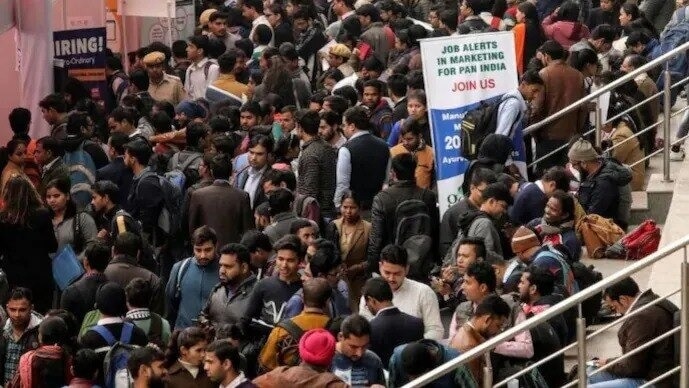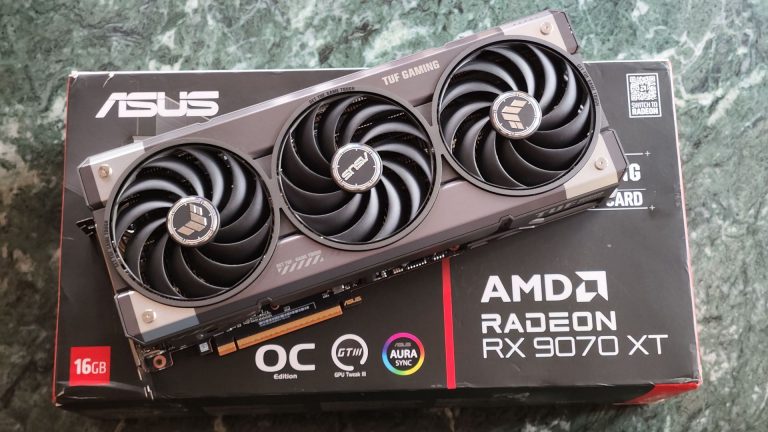Protectionist trade policies will not drive Americans back into the workforce, startup founder Pritesh Lakhani tweeted Thursday following US President Donald Trump’s announcement of reciprocal tariffs. Lakhani, the co-founder of B2B industrial marketplace Pneucons, dismissed the idea that tariffs on foreign goods could boost US employment, calling it a “fantasy that doesn’t survive contact with reality.”
“The idea sounds good—slap taxes on foreign goods, boost US jobs, and watch the idle suddenly clock in. But it’s a fantasy,” he wrote, highlighting how previous tariff measures failed to significantly impact labour participation.
Lakhani pointed to the Trump administration’s tariff war with China from 2018 to 2020, which imposed an average 19% duty on billions in imports. While the move did lead to the creation of an estimated 400,000 manufacturing jobs, he noted that this amounted to just a 0.3% increase in the 150-million-strong US workforce—hardly the workforce revival some had expected.
“No couch exodus there,” he added, referring to the notion that tariffs would push Americans off government aid and into jobs.
His argument centred on economic incentives. Lakhani pointed out that many low-wage manufacturing jobs fail to offer a compelling alternative to government assistance. “A single parent in Ohio can pull $30,000 in tax-free benefits: SNAP, housing, Medicaid. Take that $20-an-hour job, and you lose most of those perks fast,” he wrote. “Net gain? A few grand, plus a commute and a sore back. The math doesn’t scream ‘get up and go.’”
Beyond the job market, he emphasized that tariffs also raise consumer prices. He cited data showing that U.S. consumers paid an extra $46 billion due to tariffs by 2019, while American farmers suffered from retaliatory trade policies. “That’s not a jobs boom—that’s a wash, with taxpayers footing the bill,” he wrote.
Instead, Lakhani pointed to historical welfare reforms as a more effective approach to boosting employment, arguing that tying benefits to work had previously led to higher labor participation rates. “Tariffs can’t touch that kind of shift,” he asserted.
His blunt conclusion: “Tariffs are a political flex, not a fix. The couch stays occupied.”






